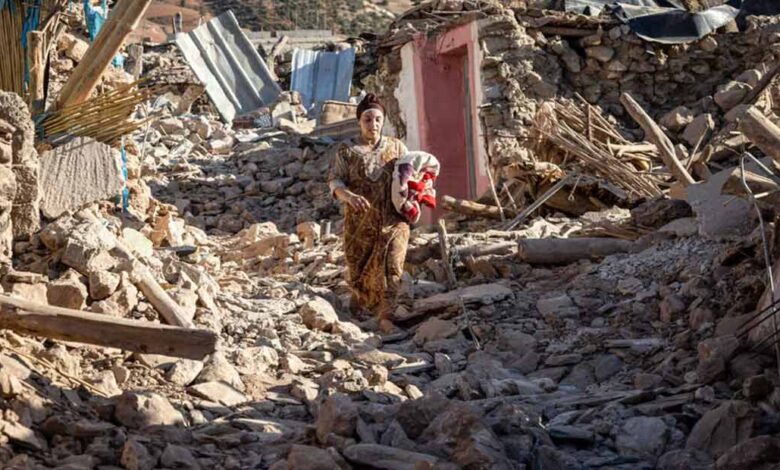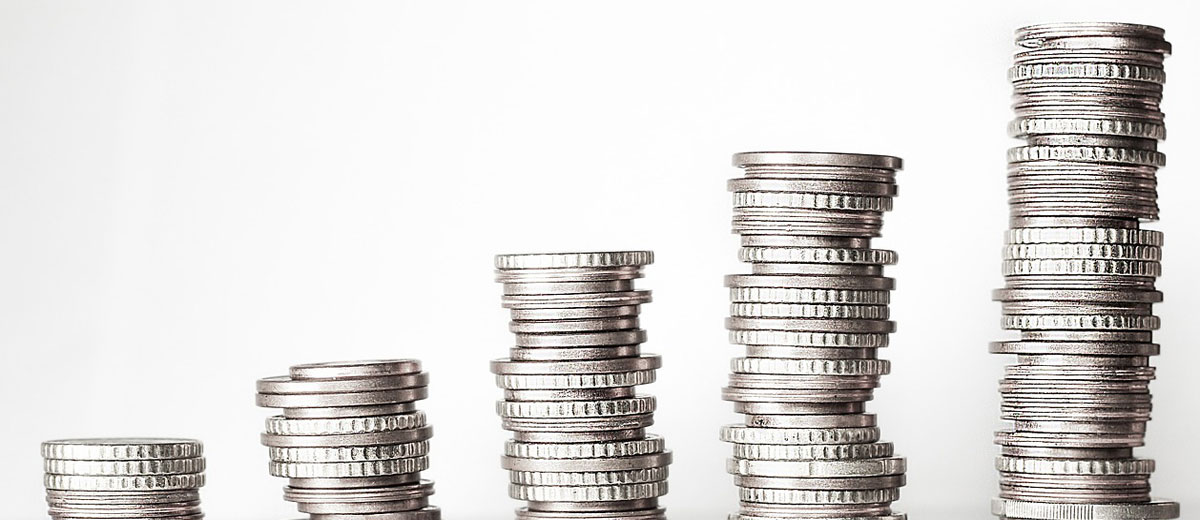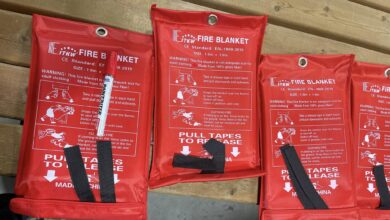
Update on the Morocco Earthquake
A devastating earthquake has struck Morocco, leaving a trail of destruction and suffering. The death toll and the number of injuries are still increasing as rescue teams tirelessly work to extricate both survivors and victims from the ruins.
In response to this crisis, both Moroccan and international law enforcement and aid workers have rushed to the affected region, located to the south of Marrakech. This area bore the brunt of the powerful magnitude-6.8 earthquake that struck on Friday night, followed by numerous aftershocks. The residents in these hard-hit areas are anxiously awaiting essential supplies such as food, water, and electricity. Moreover, their access to help has been severely impeded by massive boulders blocking the steep mountain roads.
WHAT ARE THE AREAS MOST AFFECTED?
The earthquake’s epicenter was situated high in the Atlas Mountains, approximately 70 kilometers (44 miles) to the south of Marrakech, within the Al Haouz province.
This region is predominantly rural, characterized by its striking red-rock mountains, picturesque gorges, and sparkling streams and lakes.
For individuals like Hamid Idsalah, a 72-year-old mountain guide hailing from the Ouargane Valley, the future appears uncertain. Idsalah’s livelihood relies on the influx of Moroccan and foreign tourists who visit the area, attracted by its proximity to both Marrakech and Toubkal, North Africa’s tallest peak and a popular destination for hikers and climbers.
The earthquake had far-reaching effects, shaking most of Morocco and causing injuries and fatalities in other provinces, including Marrakech, Taroudant, and Chichaoua.
WHO WAS AFFECTED?
As of Sunday evening, there were a total of 2,122 reported deaths, with 1,351 of these fatalities occurring in Al Haouz, a region with an approximate population of 570,000, according to the 2014 census conducted in Morocco.
The people in this region predominantly communicate in a blend of Arabic and Tachelhit, which is Morocco’s most commonly spoken indigenous language. The earthquake has devastated villages constructed from clay and mud bricks, nestled into the mountainsides.
While tourism plays a role in the local economy, the province is primarily dependent on agriculture. Prior to the earthquake, Al Haouz, like much of North Africa, was grappling with an unprecedented drought that had caused rivers and lakes to dry up, endangering the predominantly agricultural economy and way of life.
WHO IS PROVIDING AID?
Morocco has dispatched ambulances, rescue teams, and military personnel to the area in order to bolster emergency response operations.
While humanitarian organizations have noted that the government has refrained from making a widespread request for assistance and has only accepted limited foreign aid, the Interior Ministry has confirmed its acceptance of international aid focused on search and rescue efforts. This assistance is coming from Spain, Qatar, Britain, and the United Arab Emirates. Interestingly, offers of aid from French President Emmanuel Macron and U.S. President Joe Biden have been bypassed by Morocco.
President Biden expressed his readiness to provide any necessary support for the Moroccan people during his visit to Vietnam on Sunday.
Emergency response operations are expected to persist as teams navigate the winding mountain roads to reach the villages most severely impacted by the earthquake. In these communities, the absence of essentials like food, water, electricity, and shelter remains a pressing concern.
However, even after the departure of aid teams and military personnel, the challenges confronting the hundreds of thousands of residents who call this region home will likely persist.
To address this ongoing crisis, members of the Moroccan Parliament are set to convene on today, Monday, September11, to create a government fund for earthquake response at the request of King Mohammed VI.








































